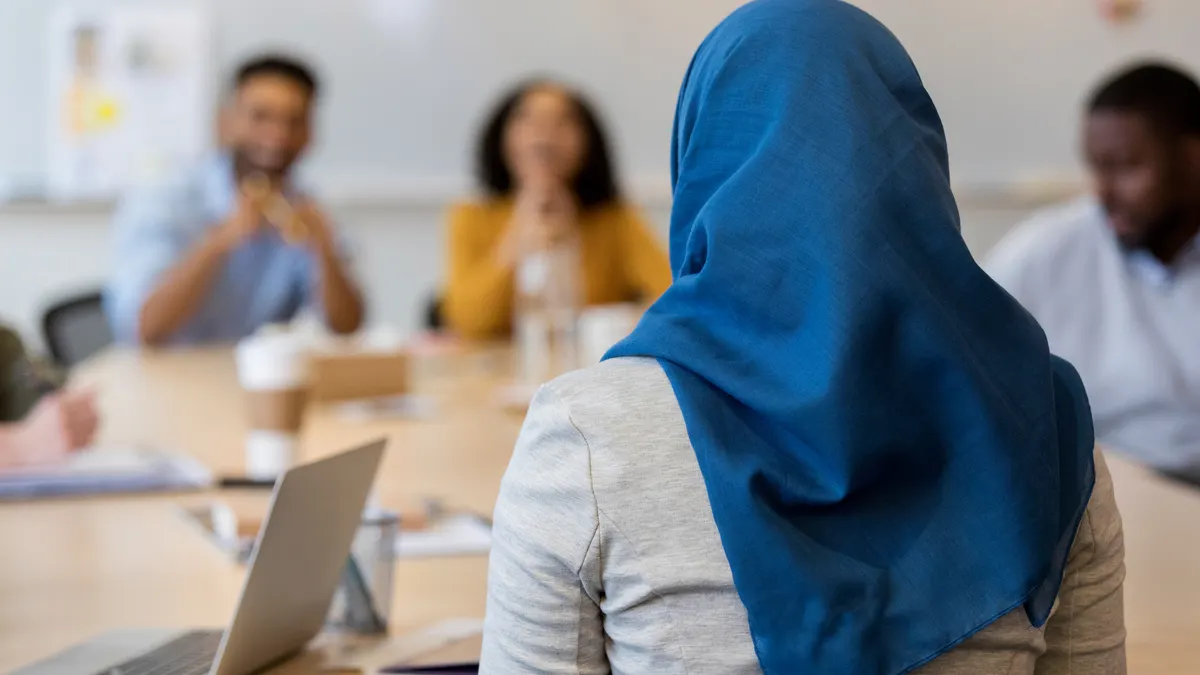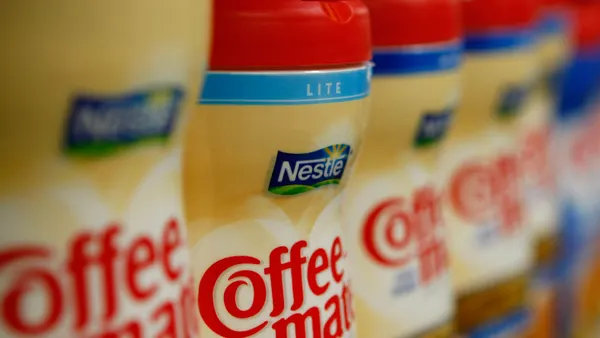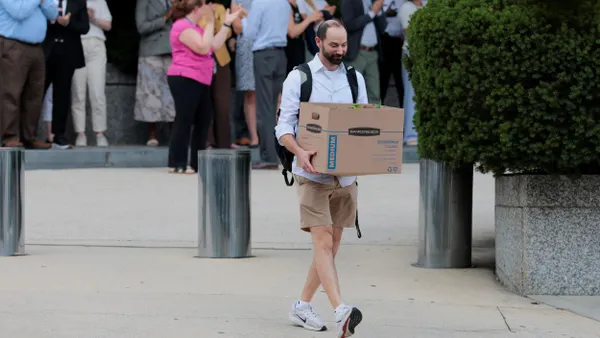Dive Brief:
- The U.S. Equal Employment Opportunity Commission’s Office of Federal Operations has issued two federal sector appellate decisions that it said clarified employers’ obligations toward religious rights in the workplace.
- One complaint (Augustine V. v. Department of Veterans Affairs) alleged that the U.S. Department of Veterans Affairs failed to accommodate a devout Muslim physician’s request to attend weekly prayer service. Another complaint (Andy B. v. Federal Reserve Board of Governors) alleged that the Federal Reserve Board failed to accommodate a Christian law enforcement officer’s request to be exempt from the COVID-19 vaccine.
- “Religious liberty is a foundational American principle,” EEOC Acting Chair Andrea Lucas said in a news release. “These decisions remind federal employers that their employees deserve not only equal opportunity, but also equal respect for their religious beliefs and practices.”
Dive Insight:
Religious bias and employers’ failure to provide religious accommodations have been focal points for President Donald Trump’s administration. On Feb. 6, the White House issued its Eradicating Anti-Christian Bias executive order, and on March 5, Acting Chair Andrea Lucas stated that the EEOC would be holding universities and colleges accountable for creating a hostile work environment for Jewish employees.
In April, Lucas tapped Shannon Royce, a former president of the Christian Employers Alliance, to be EEOC’s chief of staff. The U.S. Office of Personnel Management issued a July memo regarding enforcement of Title VII of the Civil Rights Act, which bars the denial of reasonable accommodations for religious beliefs and practices except in cases of “undue hardship.”
EEOC filed a lawsuit on July 30 (EEOC v. Mayo Clinic) alleging that the Mayo Clinic refused a security guard’s request to be exempt from the COVID-19 vaccine on religious grounds.
Meanwhile, in August, a dental company agreed to pay $61,000 to settle an EEOC lawsuit; the plaintiff claimed that the employer failed to provide them with a religious dress code exemption. This month, an animal hospital also agreed to pay $20,000 for allegedly firing a worker who objected to religious training materials.
“The EEOC is accelerating progress to bring efficiency and effectiveness to the federal sector by promptly resolving hearings and appeals with straightforward and legally sound decisions grounded in precedent from the Supreme Court and federal appellate courts,” EEOC Acting Chair Andrea Lucas said in an Aug. 13 statement.
Attorneys have said that it is crucial for employers to take religious accommodation requests seriously, particularly after SCOTUS’ Groff v. DeJoy decision. EEOC, too, mentioned this decision in its Aug. 13 announcement of settling of the Augustine V. and Andy B. decisions.
“In particular, these decisions address how federal employers must analyze undue hardship in light of the Supreme Court’s recent decision in Groff v. Dejoy,” EEOC said. “Under Groff, undue hardship is shown only when a burden is substantial in the overall context of an employer’s business.”












